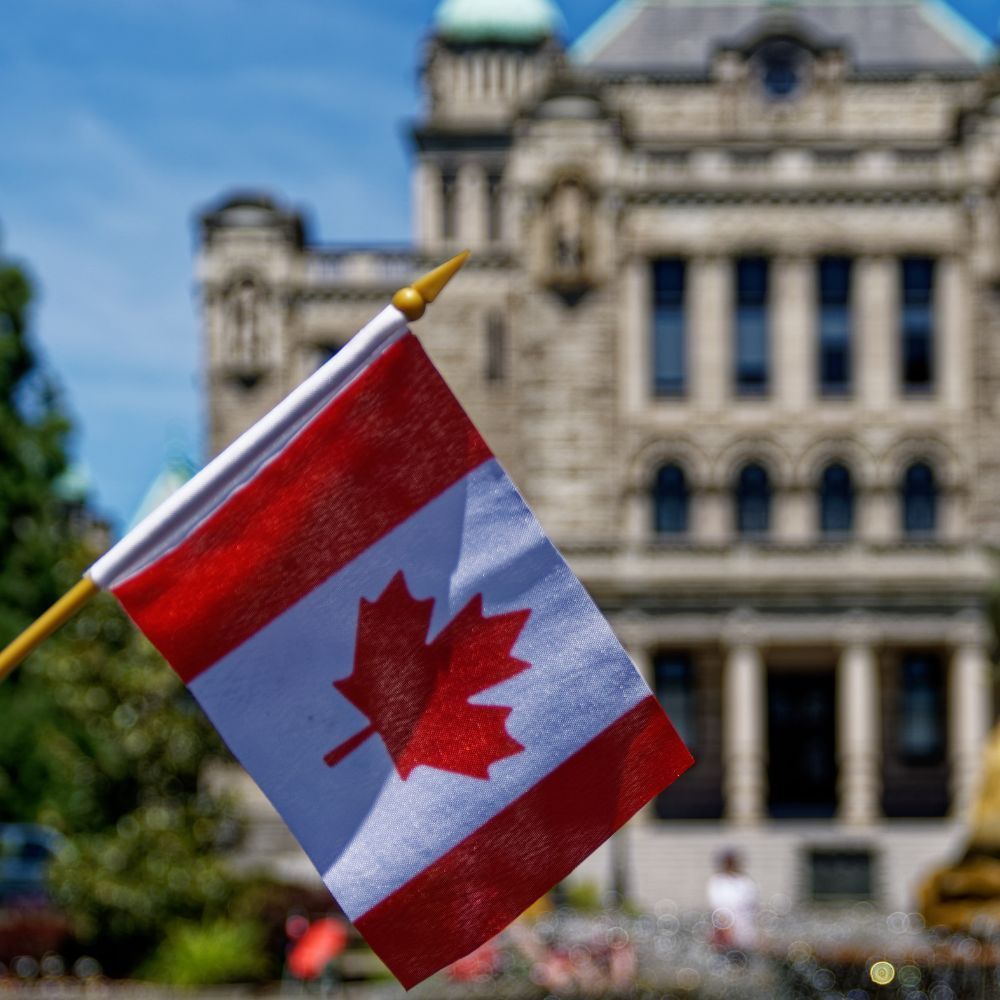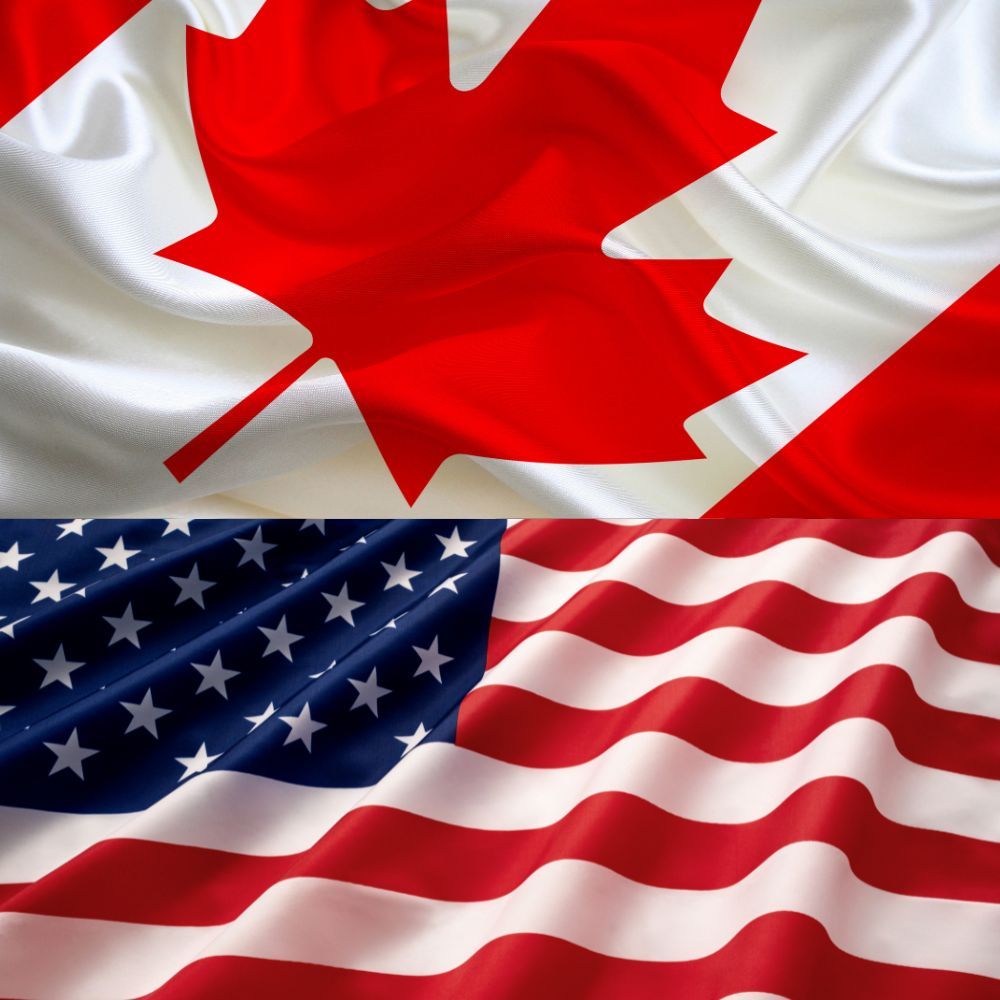Poliviere’s Distaste for traditional media: Will it work in the long run?
The Leader of His Majesty’s loyal opposition, Pierre Poilievre is well known for avoiding traditional print, radio and TV media represented by the Parliamentary Press gallery. In fact, the most durable part of this national platform which gets cheering support whenever he speaks is a promise to defund the best staffed media group of them all, the CBC – not Radio Canada but CBC English. At times he has even refused to take questions from CBC reporters. His preferred direct-to-Canadians avenue for his well-developed anti-Trudeau views is his finely produced YouTube mini documentaries and social media feeds.

Yet, Angus Reid Institute polled our news consumption habits in July showed an ongoing decline in use of traditional media, but nevertheless showed its ongoing influence: “…as recently as 2016, two-in-five (42%) Canadians said they read a print publication daily for their news. Now that figure has halved (19%). Television (71% to 52%) and radio news (57% to 45%) have also declined in prominence, though they remain important sources of information for majorities of Canadians over the age of 54. In their place, nearly all (89%) Canadians turn to the internet for news.”
So, TV and online is where it is at despite the threats from Google and Facebook to block Canadian news as a response to the government’s attempt to force them to pay news outlets for using their material. Fear not, Poilievre's powerful well-crafted clips always make the evening and national TV news even if he rarely scrums with reporters. Admittedly the clarity and force of his TV personality contrasts with Trudeau’s more complex and diffuse manner of answering questions or performing in the house.
Questions remain about the long-term effectiveness of this strategy. The first relates to which news organizations actually can set the political agenda. There is no doubt that the veteran, well-staffed bureaus of the Globe and Mail, Star, Canadian Press and CBC and CTV wield an out-of-proportion influence in setting the political agenda, whether the breaking of the SNC Lavalin affair or the influence of the Chinese. It is also their reporters who comment on widely watched daily political broadcasts. For Poilievre's office to ignore this fact is to cede to the Liberal’s their strategic use of these influencers. When I was in the Prime Minister's Office, I quickly became aware of the enormous national reach of Canadian Press (CP) into every newsroom in Canada. We advantaged them whenever we could, ensuring they were well briefed or even got valuable interview opportunities. Poilievre ignores CP.
Another question relates to how Poilievre interacts with journalists when he in his irregular media availabilities. It goes without saying that Ottawa journalists don’t particularly like him, or Trudeau for that matter. But in Poilievre's case their distrust has a lot to do with his ill thought out and outspoken views, and thin policy solutions, not the least of which is endless blaming the Bank of Canada and Trudeau’s overspending for the crisis in affordability. Not only that, he has engaged in direct media baiting. This is the recent subject of a whole opinion article by the influential Globe and Mail columnist and television commentator Andrew Cohen. The video of him nonchalantly eating an apple while a local reporter stumbles through accusatory questions such as, “people say you are taking a page out of Trump’s book” to which Poilievre retorts “which people?” and so on, thereby demolishing the journalist. It has gone viral. The poor journalist becomes a “media baiting prop” as Cohen says.
It’s a given that in political media relations which I practiced, a government has an advantage in denying the opposition – the government can actually announce new policies that affect people’s lives like the three year moratorium on heating fuel carbon tax. Nevertheless, there are proven ways of turning confrontational interviews to one’s advantage without demeaning the questioner. I had notable success with the grouchy BC TV personality the late Jack Webster. The gruff Scotsman’s morning TV show had a huge audience and I persuaded Pierre Trudeau that it could be a good experience if he set out to enjoy it and humour him. It worked and my boss’s bemused asking of Jack’s first tough parry “Jack do you really believe that?” set the tone. He became a regular whenever we were out west.
The elder Trudeau became a patient professor when asked a tough question, taking the journalist into his thinking. This would be a good lesson for his son, who is regularly nontransparent and vague in his answers. I tried to teach his father to have respect for the serious journalists of which there are always several. And in years of training politicians and businessmen for media appearances, I always advised them to listen seriously to the question and respect where it was coming from, even if I also advised them to bridge to key messages.
I was also convinced that if you did not treat the Ottawa press gallery with respect, the gang mentality could turn against you and help defeat you – which it did in its mockery of Joe Clark. If I was advising Poilievre I would take seriously veteran Star columnist Robin Sears who said that his media bashing and CBC threats “…is a very dark hole that Poilievre is taking his party down…Attacks on Canadian journalists so far are mainly restricted to insults and death threats on social media. Inciting hate for the media makes it a small step for an enraged partisan to act on those threats.” In June, National Post’s Michael Taube compared coverage by major media of the four by-elections that split between Liberals and Conservatives and concluded that the media couldn‘t wait for Poilievre to fail. Poilievre is unlikely to get many breaks from influential national media and over time this could affect public perceptions.
Radio and television producers still are influenced in their choices of guests and news lineups by what the national print and TV are featuring. You either are attuned to their world or you’re not. Poilievre is not and in the end it could cost him. His distaste for traditional media signals a major change in how a would-be PM interacts with them, and in the long run could benefit Trudeau.
Patrick Gossage Insider Political Views




